How Does Social Media Impact Mental Health in Daily Life and Behavior
Social media has fundamentally altered the way we interact, exchange information, and connect. Our social lives have expanded to include platforms like Facebook, Instagram, TikTok, and X (formerly Twitter). However, as we browse, share, like, and post, what goes through our minds?
What effects does social media have on behavior and mental health in day-to-day life? In a world where people spend hours online every day, frequently without realizing the impact it has on their relationships, emotions, and thought processes, this question is more crucial than ever. The answer isn’t straightforward, and it’s not always bad, but it does call for awareness, balance, and focus.
Social Media and Mental Health: A Mixed Picture
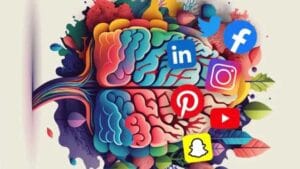
Social media can have both beneficial and detrimental effects, depending on how it is used. On the one hand, it encourages awareness, creativity, and connection. Conversely, it can exacerbate feelings of loneliness, self-comparison, and anxiety. Below is a summary of the main ways it affects mental health:
In light of this, let’s examine a comparison table that illustrates some of the advantages and disadvantages of social media for mental health:
| Positive Effects | Negative Effects |
| Builds global connections | Triggers comparison and insecurity |
| Provides mental health support communities | Encourages addiction-like screen habits |
| Offers creative and emotional expression | Reduces face-to-face interaction |
| Raises awareness on mental health topics | Can lead to cyberbullying and harassment |
| Source of motivation and inspiration | Disturbs sleep patterns due to late-night usage |
The aforementioned contrast demonstrates how social media can be both beneficial and detrimental. There is a fine line between helping and hurting, and it frequently depends on the context, habits, and attitude of the user.
Emotional Responses Triggered by Social Media
Emotions impact behavior, and social media is full of emotional triggers. One post has the power to evoke happiness, jealousy, anger, or loneliness. Throughout the day, these emotional reactions occur frequently and almost instinctively.
Looking at a friend’s vacation pictures, for instance, can either make you feel good for them or it can make you feel inferior or excluded. A viral story may inspire you to act, or it may leave you feeling powerless. Excessive frequency of these emotional fluctuations can lead to mental exhaustion and even exacerbate symptoms of depression or anxiety disorders.
Behavioral Changes in Daily Life
Social media’s ability to subtly rewire our everyday behavior is among its most underappreciated features. Individuals may begin looking at their phones as soon as they wake up, become nervous if a post doesn’t receive “likes,” or put off going to sleep in order to scroll aimlessly. Over time, these behaviors can erode mental health even though they may appear innocuous at first.
Typical changes in behavior include:
- Decreased focus as a result of frequent feed-switching
- Dependency on followers’ approval on an emotional level
- Choosing digital comfort over in-person interactions
- Cognitive fatigue brought on by increased multitasking
When social media users are unable to access their apps, they may exhibit withdrawal symptoms like restlessness, irritability, or sadness, which can sometimes resemble the patterns of behavioral addiction.
The Impact on Self-Esteem and Identity
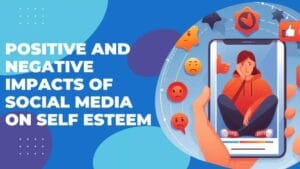
People’s perceptions of themselves can be distorted by social media. Highlight reels, edited selfies, and carefully chosen feeds set up unattainable expectations that others feel compelled to meet. This results in ongoing, frequently unfair, and biased self-comparison.
Young adults and teenagers are particularly at risk. They are still developing their sense of self, and social media can either help or hurt that process. Even if it’s unintentional, getting liked online can feel like acceptance in real life, and getting rejected online can feel like rejection.
Sleep, Stress, and the Always-On Culture
Sleep is critical to mental well-being. However, using a screen interferes with the body’s ability to relax, especially at night. The natural sleep cycle is delayed because blue light from screens inhibits the production of melatonin.
Furthermore, social media’s “always-on” nature adds to mental clutter. Stress levels are raised by the constant competition for attention from notifications, direct messages, and algorithm-driven content. Constant access to knowledge frequently only leads to mental clutter rather than wisdom.
When Social Media Becomes a Support System
Not all of the news is bad. Social media is a lifeline for many people because it provides an environment where they can freely discuss trauma, depression, or anxiety without fear of condemnation. To help people feel seen and understood, online support groups, therapy accounts, and mental health creators are essential.
Posting about their personal hardships gives some people courage. Others find comfort in knowing they are not alone. The primary distinction lies in the way the platform is utilized: actively (by sharing, commenting, and having genuine conversations) as opposed to passively (by browsing, comparing, and silently consuming).
Steps to Use Social Media in a Mentally Healthy Way
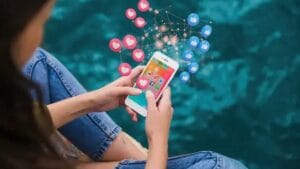
- Establish time constraints: To limit daily usage, use the built-in tools.
- Curate your feed by unfollowing accounts that don’t make you feel better.
- Take regular pauses: Digital detoxes aid in reestablishing emotional equilibrium.
- Don’t just scroll; get involved: Engage in dialogue, post encouraging remarks, and join secure groups.
- Social media can help with mental health, but it should never take the place of professional treatment.
Final Thoughts
There is no one-size-fits-all response to the question, “How does social media impact mental health in daily life and behavior?” The consequences are intricate, intensely personal, and frequently influenced by our usage of these platforms. Social media can encourage community, provide support, and motivate constructive change. However, it can also skew reality, exacerbate fears, and throw off emotional equilibrium.
It’s not necessary to completely disconnect from social media in order to have a positive relationship with it. It all comes down to awareness, establishing boundaries, and selecting information that promotes rather than undermines your mental health. Sometimes, taking a break, logging off, and reconnecting with yourself offline is the best thing you can do for your mental health in an online-centric world.
FAQs
What is the long-term effect of social media on mental health?
A: Overuse over time can lead to anxiety, depression, low self-esteem, and sleep issues, particularly if users passively scroll or compare themselves to others all the time.
Is social media beneficial to mental health?
A: When used purposefully, it can increase awareness, foster connections, and give access to supportive communities and constructive content.
What causes people to experience anxiety after using social media?
A: Comparison, unfavorable news coverage, or a sense of exclusion from other people’s lives are common causes. Overuse also interferes with sleep.
Which age group is most impacted by the negative effects of social media on mental health?
A: Peer pressure, identity development, and other factors make teenagers and young adults especially susceptible.
How much time spent on social media is considered detrimental?
A: Spending more than two to three hours a day, especially at night or without a purpose, can be a warning sign, though there is no set amount.
Is it possible for social media deletion to enhance mental health?
A lot of people find that taking pauses or permanently removing themselves from platforms helps them focus better, sleep better, and feel happier.
What are the telltale signs that social media is having a negative impact on you?
A: Warning signs include difficulty falling asleep, feeling agitated or nervous after scrolling, comparing yourself all the time, or neglecting offline relationships.

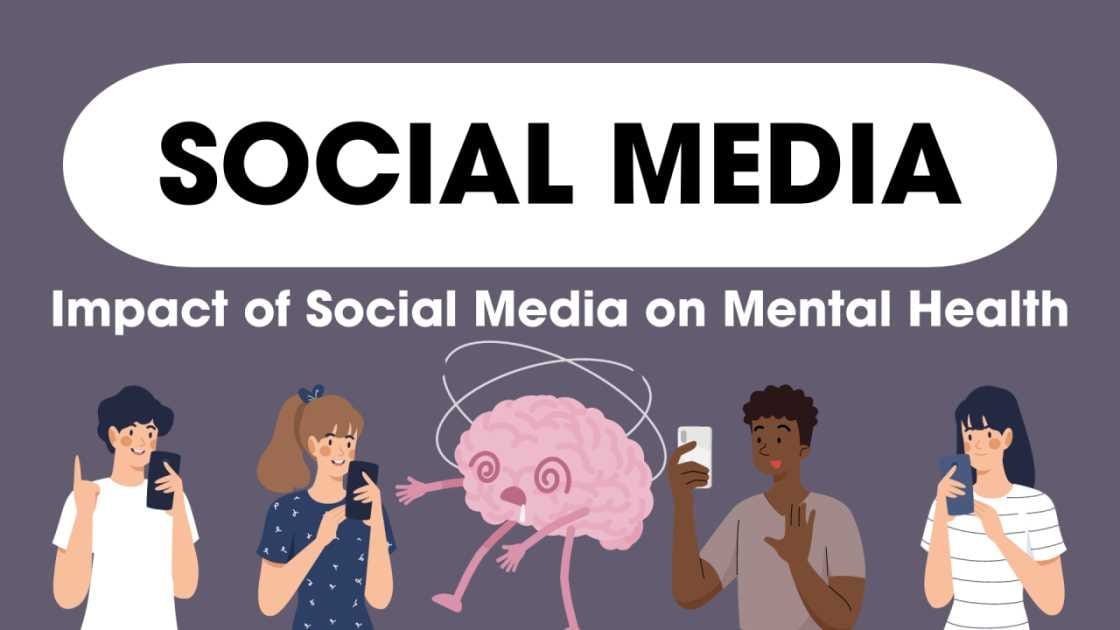
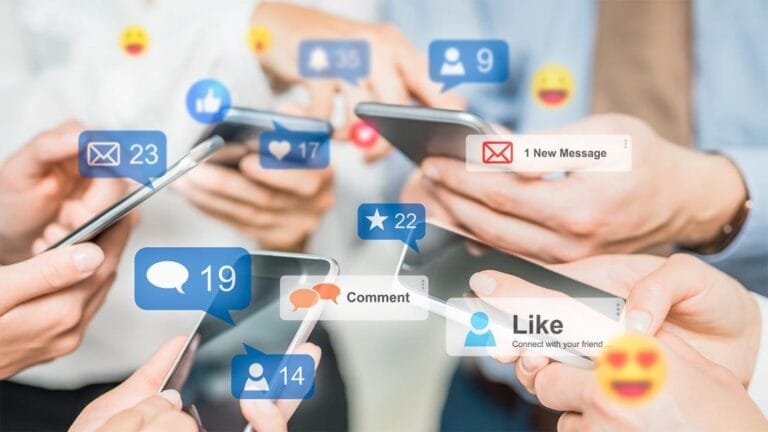
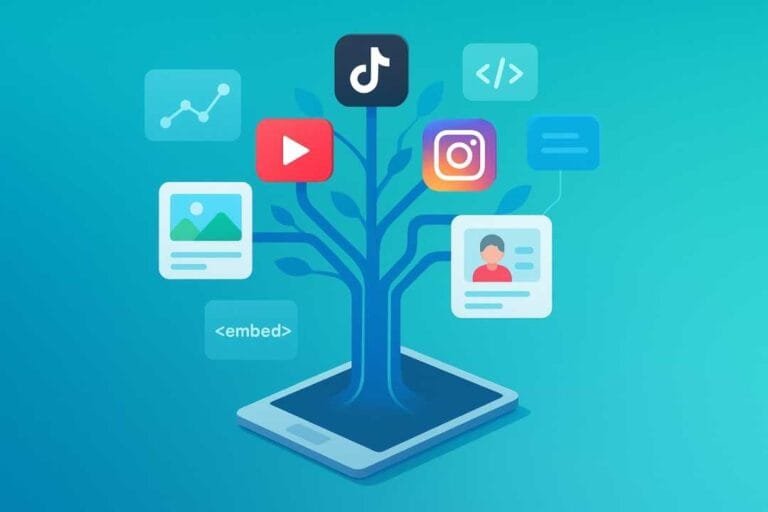


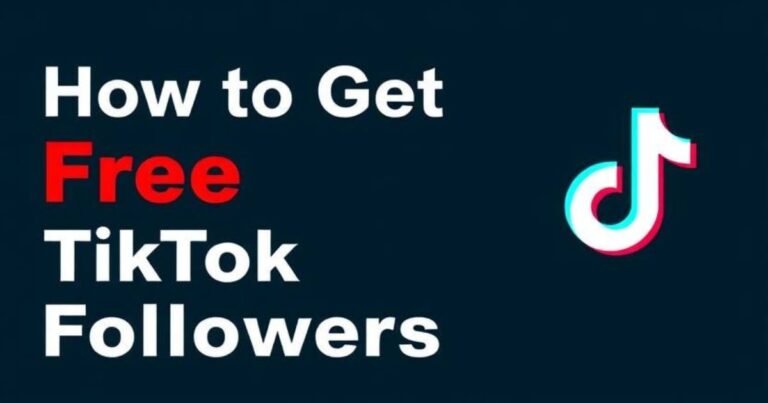
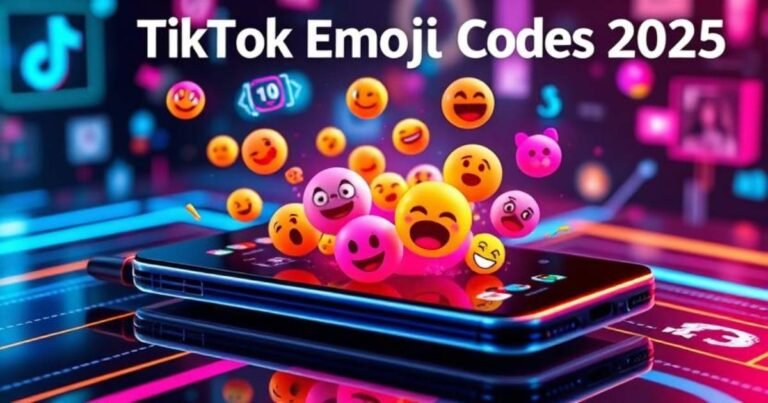
One Comment